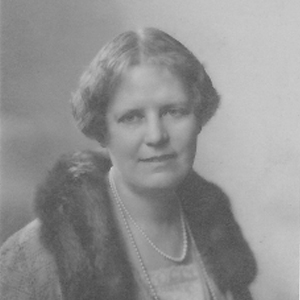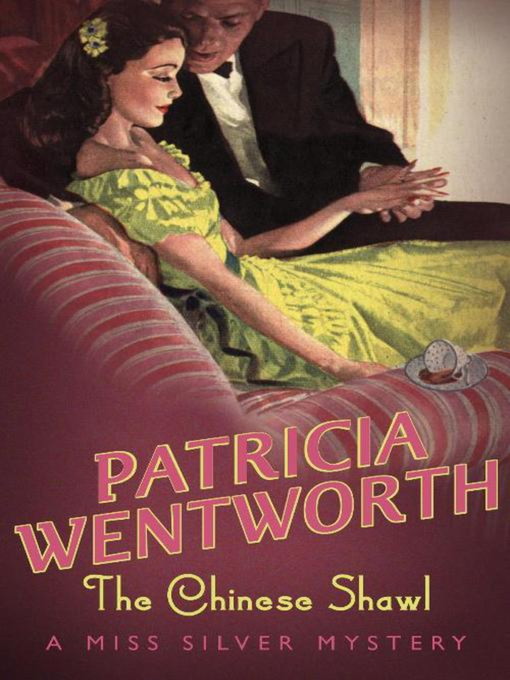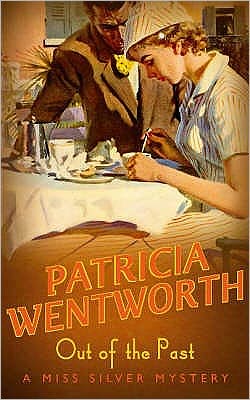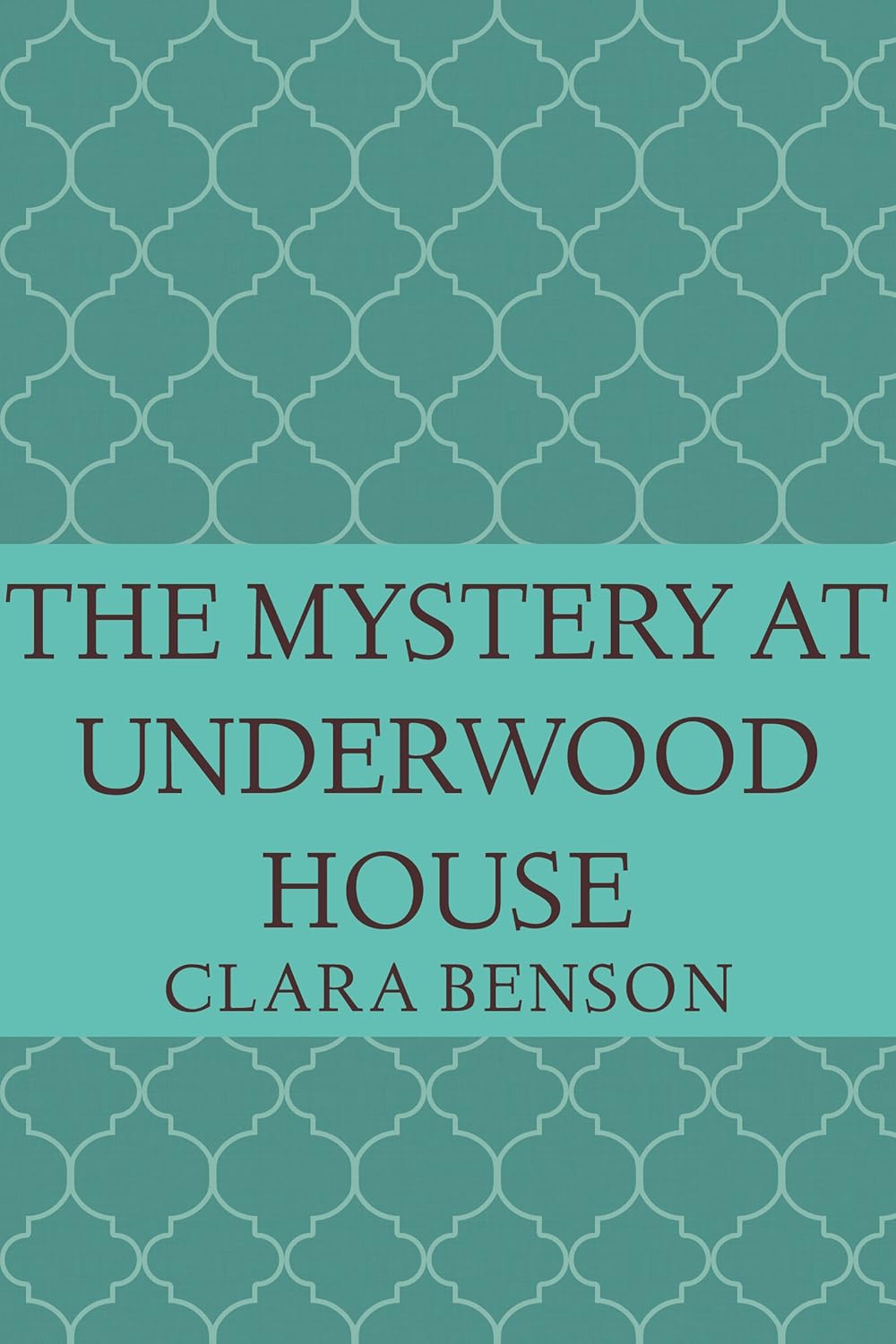The visitors are told Miss Silver is an old family friend or relative, and they assume that the family is providing a little bit of comfort and company for an old lady living in genteel poverty. Little do they suspect that Miss Silver is unobtrusively gathering information that will reveal a blackmailer or even a killer.
I read the whole Miss Silver series (32 books!) back in the 1970s, when they
were already decades old and Patricia Wentworth had been dead for well over a decade. In the last couple of years, I've enjoyed revisiting some of them in audiobook versions, perfectly performed by Diana Bishop.
What I didn't realize is that Patricia Wentworth wrote many other mystery books outside the Miss Silver series; a couple of dozen standalones and three short series. Luckily for us, in addition to the Miss Silvers, Open Road Integrated Media is reissuing the other books in ePub and Kindle ebook formats. Here are the series titles:
The Ernest Lamb series
The Blind Side
When the handsome but evil Ross Craddock is found killed with his own gun, there is a wealth of suspects who had the motive to kill. The London Metropolitan Police department's Inspector Ernest Lamb, and young Detective Frank Abbott have their work cut out for them.
Who Pays the Piper
Lucas Dale is determined to break up the engagement of Susan Lenox and Bill Carrick, so that he can have Susan for himself. A spot of blackmail seems to have done the trick, until Dale is found murdered. Lamb and Abbott suspect Carrick, but soon find that there are quite a few others who wished Dale dead.
Pursuit of a Parcel
Lamb and Abbott become enmeshed in a deadly game of World War II espionage, with agents and double agents, mysterious parcels and a beautiful young woman in danger.
The Benbow Smith series
A mysterious woman warns Hugo Ross not to take a job with an eccentric inventor, but Hugo needs the money. Soon he finds himself embroiled in a world of espionage and danger, and calls on Benbow Smith of the Foreign Office for help.
 Danger Calling
Danger CallingBenbow Smith recruits Lindsay Trevor, a former British intelligence agent, to rejoin the clandestine services to help catch a master criminal.
Walk With Care
Benbow Smith becomes involved in an investigation to uncover the forces working to eliminate voices in favor of disarmament.
 Down Under
Down UnderWhen bride-to-be Anne Carew disappears, her desperate fiancé, Captain Oliver Loddon, contacts Benbow Smith. Smith believes this is just the latest of a series of abductions over the past few years by one man, but the police disagree. Loddon will risk his own life to save Anne.
Frank Garrett series
Dead or Alive
On the very day Meg O'Hara asks her Irish spy husband, Robin, for a divorce, he disappears. Time passes and he's presumed dead, but then Meg receives a message suggesting otherwise. Frank Garrett of the British Foreign Office investigates, along with Bill Coverdale, who has been in love with Meg for years.
 Rolling Stone
Rolling StoneWhile Frank Garrett investigates a series of thefts of valuable artworks, his nephew goes undercover to penetrate an international gang of dangerous thieves.
There are too many other Wentworth mysteries to list here, even when you exclude the Miss Silvers. But if you want to see which ones are now available from Open Road, just head here.
If you enjoy romance novels, Wentworth started out as a romance writer and Open Road has a couple of those as well: A Marriage Under the Terror, set during the French Revolution, and A Fire Within, which hints at the Miss Silver to come.
Note: Open Road Integrated Media provided me with review e-copies of Fool Errant, Dead or Alive and The Blind Side.
Images source: openroadmedia.com


















